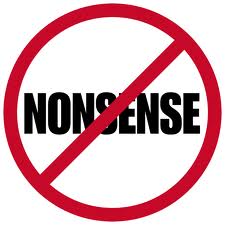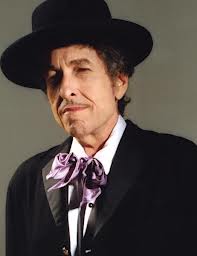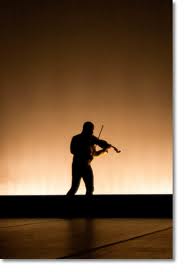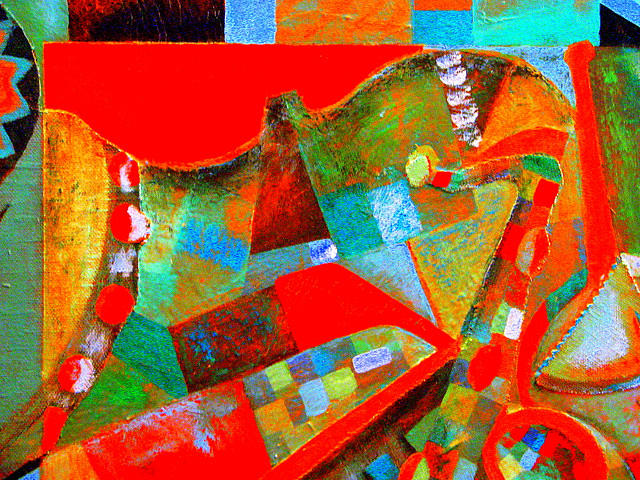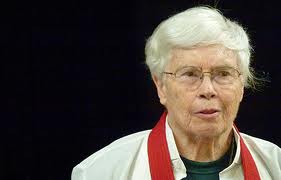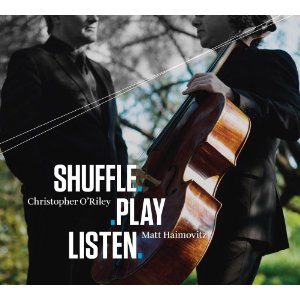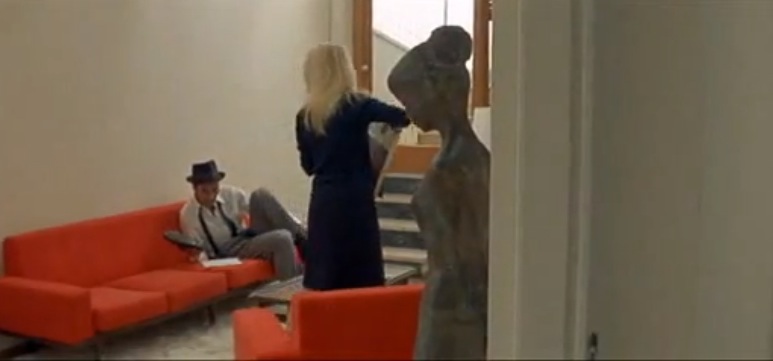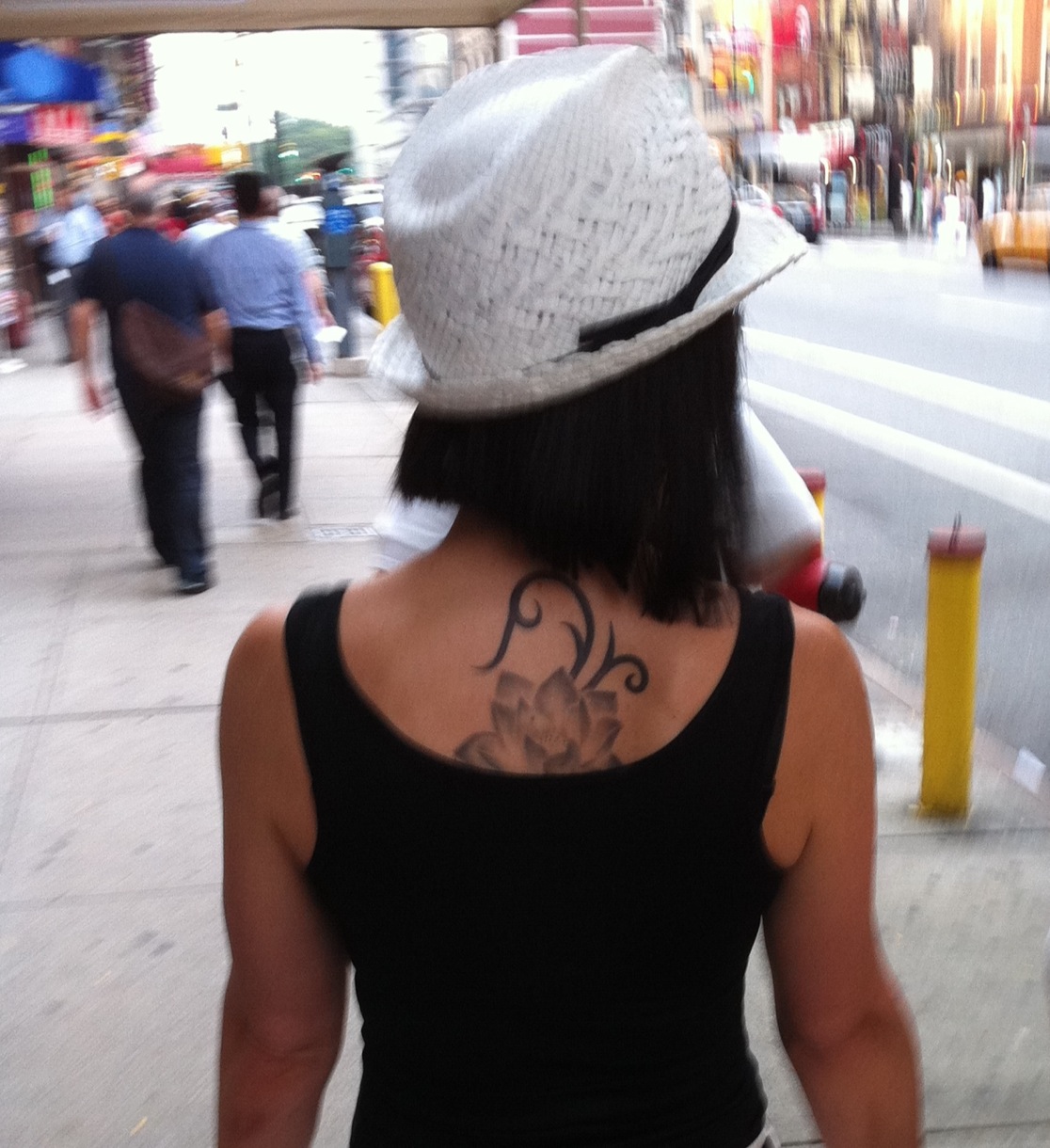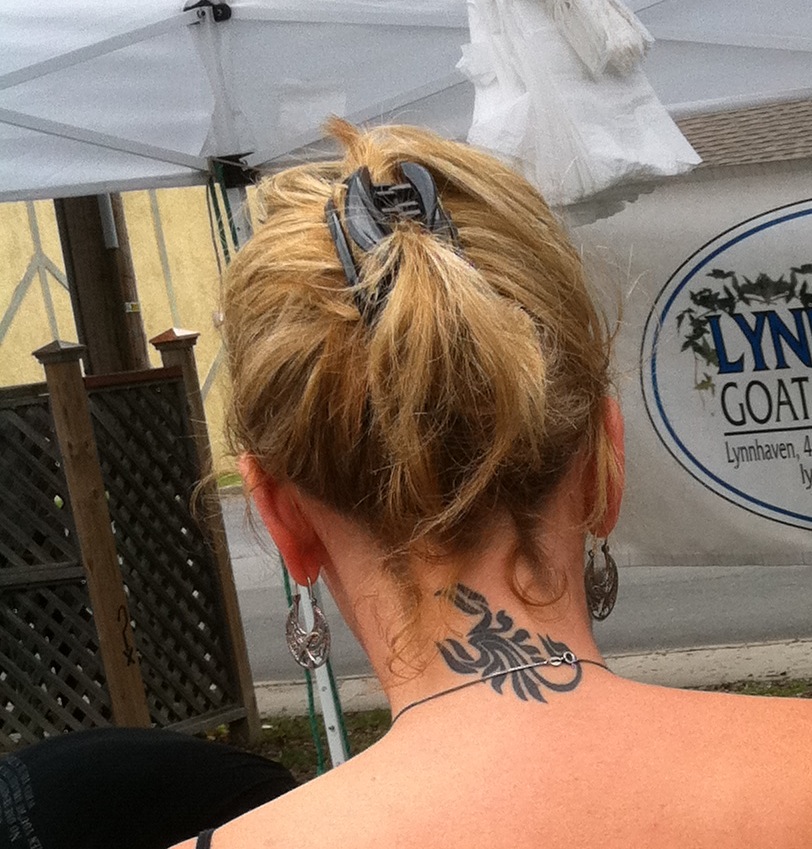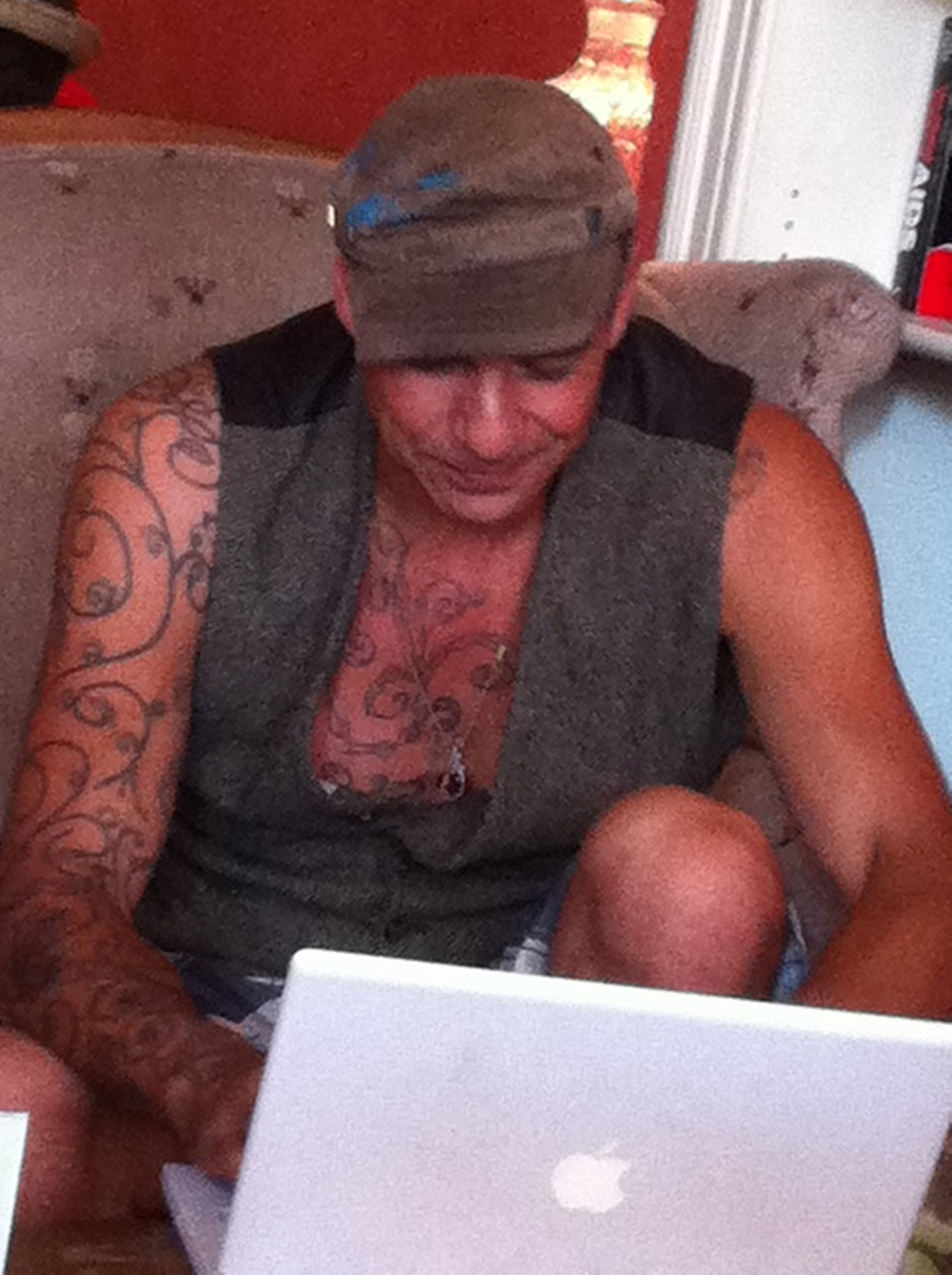Don't believe anyone who tells you not to be your own artistic self. That follows from the third of my four keys to the future, "Be yourself." I explained this in terms of pandering: Your urgency, your joy, and your passion will draw people to you. But you can't be joyful if you don't love the music that you perform. So never pander. Never struggle to be relevant. Perform music that makes your heart sing. Trust your new audience. Trust it to be smart, to be curious, and to respond with joy when it sees how joyful you are. And that's true. … [Read more...]
Actively finding an audience
Here I'll expand just a little on the second of my four keys to the future (which I offered in an earlier post): "Work actively to find your [new] audience." What this means, specifically, is that it's not enough to do what was done in the 20th century, to advertise your concerts, or put up flyers and posters. Or even to jump into our new century, and send out email or put videos on YouTube. Or start a blog, make a website, or create a Facebook page. The new audience we want to find isn't a classical music audience. The people in it … [Read more...]
The culture gap (2)
Too many people in classical music talk like this. I'm thinking of Daniel Barenboim, quoted about his latest recording of Beethoven's symphonies, a project he and his people call "Beethoven for All": Many people feel or think, without really knowing, that music is somehow elitist – that it is for people who can afford the money and the time; it’s something that has only to do with leisure. But music is not elitist. On the contrary. Music is not only not elitist, music is universal. Even though all the great composers of the past are … [Read more...]
About my four keys — the culture gap
Here's the start of Jon Pareles's review of Bob Dylan's terrific new album, from the New York Times: Bob Dylan’s voice isn’t getting any prettier. At 71, on his 35th studio album, “Tempest” — and a full 50 years after he released his debut album in 1962 — Mr. Dylan sings in a wheezy rasp that proudly scrapes up against its own flaws. That voice can be almost avuncular, the wry cackle of a codger who still has an eye for the ladies. But it can also be calmly implacable or utterly bleak, and it’s completely believable when Mr. Dylan sings, in … [Read more...]
What we have to do
Now it's time to return to the main business of this blog, which of course is the future of classical music. And also to return to something I stressed before my vacation, which is that the main business — the highest priority, the central focus — of people in our field should be to find a new audience. This ought to be a no-brainer. As things are now, the old audience isn't being replaced, or at least not in anywhere near large enough numbers to sustain classical music institutions at the size they are now. Or to give smaller groups and … [Read more...]
Playing more vividly, for the new audience
At last I've gotten to the last part of my long disquisition -- which was longer than I meant it to be, and maybe longer than it should have been. Loyal readers will remember I said that the highest priority for the classical music world should be to build a new audience, and that this would require doing three things: making performances feel more lively, playing repertoire that reflects contemporary life, and -- finally -- playing all music, but especially the old masterworks, more vividly. That last point bothered some people, including … [Read more...]
Repertoire — final post
Some years ago, I hosted and coprogrammed a concert series for the famous new audience, with the Pittsburgh Symphony. We did many things -- play the first movement of Mozart's Paris Symphony, with the audience told to applaud whenever it heard a passage it liked. (Because that was the practice in Mozart's time, as he explains with great delight in a letter to his father. He was delighted because he'd gamed the audience, written music that guaranteed they'd applaud.) (And -- digression, but an important one -- the result was revelatory. The … [Read more...]
New programming — expanding the box
One more thought about changing/expanding the classical repertoire, because our culture has changed, and people have new ideas about music. Have had those ideas, in fact, for quite a while. So I want to suggest that classical music people -- even those in the most mainstream classical music institutions -- should perform music that's far outside the normal notions of classical music. This is music that might be compared to installation and performance art, work which (as I've noted before) is huge in the art world, is shown in major … [Read more...]
Programming for a new audience — more examples
As I wrote in my last post (at greater length): I'm not saying that every moment in every classical performance has to be new and eclectic. I'd expect a wide-ranging mix. All-Schubert one night, Les Noces the next weekend, Shuffle.Play.Listen midweek, and then a student-crafted concert happening down the street. Then a Stockhausen retrospective, and then my friend Stewart Goodyear playing his Beethoven marathon, all the sonatas in a single day. That said, here are more examples of what can be done. Of what has been done. I label some of my … [Read more...]
Programming for a new audience — Shuffle.Play.Listen
Shuffle.Play.Listen -- that's the title of a Matt Haimovitz/Christopher O'Riley double CD, which I should have blogged about ages ago, especially after I heard Chris and Matt play a version of it live. Among much else, it revolutionizes the cello/piano repertoire. (Here's a Spotify link if you want to hear it.) When I heard it live (at George Mason University in Virginia), the pieces were announced as (or after) they were played, rather than being listed in order in the program. So I had no idea what the first piece was. Clearly 20th … [Read more...]
Programming for a new audience: one example
And now to some specifics -- how classical music programming (repertoire) could change, in the new world we'll be in when we've found a new audience. Or, of course, how we'll need to change what we offer, to be part of the culture our new audience lives in. I'll describe a concert I saw at the University of Maryland, created by students at the National Orchestral Institute (NOI). It shows one approach. But before that, a word about Boulez and Godard, in my last post. I said Boulez, the leading advanced musician in '50s and '60s France, … [Read more...]
Boulez and Godard
As I said in my last post, Pierre Boulez is a poster child for a problem classical music has -- some of its most respected living composers don't have much connection to the culture of our time. Here's what I mean. The mainstream classical world -- while not programming Boulez's music very much -- still treats him as if his music is greatly important. I remember talking to a faculty member at major state university music school, who eagerly wanted to meet me because he likes my ideas. He didn't think Boulez took, in his composing, any … [Read more...]
Building a young audience (more on the culture change)
There's a quite a lot to read on the changes in our culture, the ones I've been saying that leave classical music behind. For instance: The section on nightlife from Richard Florida's well-known book, The Rise of the Creative Class. Florida describes people whom he thinks are central to any city's economic growth, young, smart, curious, creative people, the people corporations would most like to hire. Florida's thesis about how crucial to economic growth they are has been disputed, but his description of them sounds exactly right to … [Read more...]
Building a young audience (more on new music)
I know that much that I'm saying is hard for some people to accept. And I sympathize. Change can be difficult. Major change can be more difficult still. And fundamental change -- radical change -- can be wrenching. So when I say that the repertoire classical musicians play will have to change, I can see why many of us might be upset. I'm thinking now of people deeply engaged with classical music as it is now. We all -- I'm very much including me in this group -- got into classical music because we loved it. And what that meant, … [Read more...]
Building a young audience (second part)
Back in the '90s, I was music editor of Entertainment Weekly, which meant I was plunged into pop music. I had a girlfriend who worked at the magazine, someone with no classical music background, and also without any fancy taste in pop music (which I don't mean as any kind of criticism). She listened to what everyone else like her listened to. No art rock, no challenging indie bands. One Sunday morning, we were at my apartment, and she asked if I'd put on some classical music. So I put on something Baroque, maybe Handel's Water Music. She … [Read more...]



